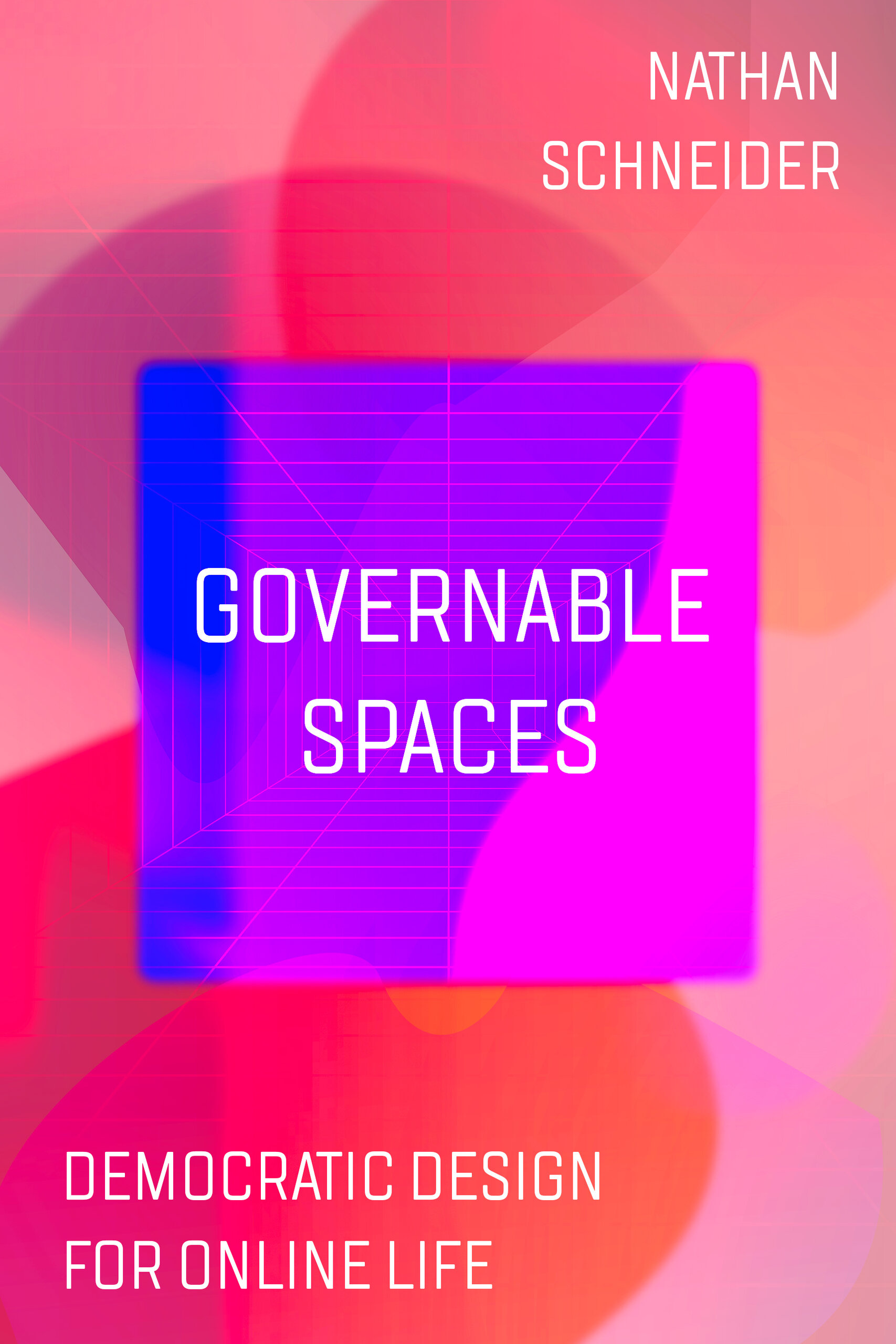Interested in Building a Fairer Digital Economy? Study with us!
MEDLab emerged out of CU Boulder's MA program in Media and Public Engagement. MAPE is a 2-year interdisciplinary program that spans traditional boundaries between theory and practice, offers a critical study of the history, institutions, economics and social implications of the media, nationally and globally, combined with a practice-based media training geared toward civic engagement and community building. In addition to completing courses in media theory and other fields of interest, students learn how to create thoughtful and engaging projects using a variety of media practices including documentary film, multimedia websites, interactive video installations and other online tools.
In their two years in the program, MAPE students will collaborate with faculty, community leaders, nonprofit organizations and socially engaged corporations to devise innovative pathways to the study, commentary and presentation of social issues.
Learn more and browse our handbook on the program website.
Coming soon: Governable Spaces by Nathan Schneider
 Coming in February 2024 from University of California Press by MEDLab director Nathan Schneider:
Coming in February 2024 from University of California Press by MEDLab director Nathan Schneider:
When was the last time you participated in an election for a Facebook group or sat on a jury for a dispute in a subreddit? Platforms nudge users to tolerate nearly all-powerful admins, moderators, and "benevolent dictators for life." In Governable Spaces, Nathan Schneider argues that the internet has been plagued by a phenomenon he calls "implicit feudalism": a bias, both cultural and technical, for building communities as fiefdoms. The consequences of this arrangement matter far beyond online spaces themselves, as feudal defaults train us to give up on our communities' democratic potential, inclining us to be more tolerant of autocratic tech CEOs and authoritarian tendencies among politicians. But online spaces could be sites of a creative, radical, and democratic renaissance. Using media archaeology, political theory, and participant observation, Schneider shows how the internet can learn from governance legacies of the past to become a more democratic medium, responsive and inventive unlike anything that has come before.
The book will be available open access from UC Press, or you can preorder a print copy from major booksellers.
Radio: Who Is Keeping an Eye on AI?
 Our radio show, Looks Like New, airs Thursday at 6 p.m. across Colorado's Front Range on KGNU radio, 88.5. This month is the first episode with our new producers, Tara Coughlin and Olga White. Here's what we'll be learning about:
Our radio show, Looks Like New, airs Thursday at 6 p.m. across Colorado's Front Range on KGNU radio, 88.5. This month is the first episode with our new producers, Tara Coughlin and Olga White. Here's what we'll be learning about:
As AI systems become more widespread, it is becoming all the more important to know we can trust them. This month, Rohit Taware interviews Co-Founder and Chief Scientist of CalypsoAI, Victor Ardulov. Victor created the technical roadmap, and managed a team of applied scientists, to build a unique software that is being used to check the health and well-roundedness of generative and Deep Neural Network artificial intelligence. We used to ask, "Who watches the watchers?" Today we ask, "Who watches the AI?"

 October 30, 2023
October 30, 2023